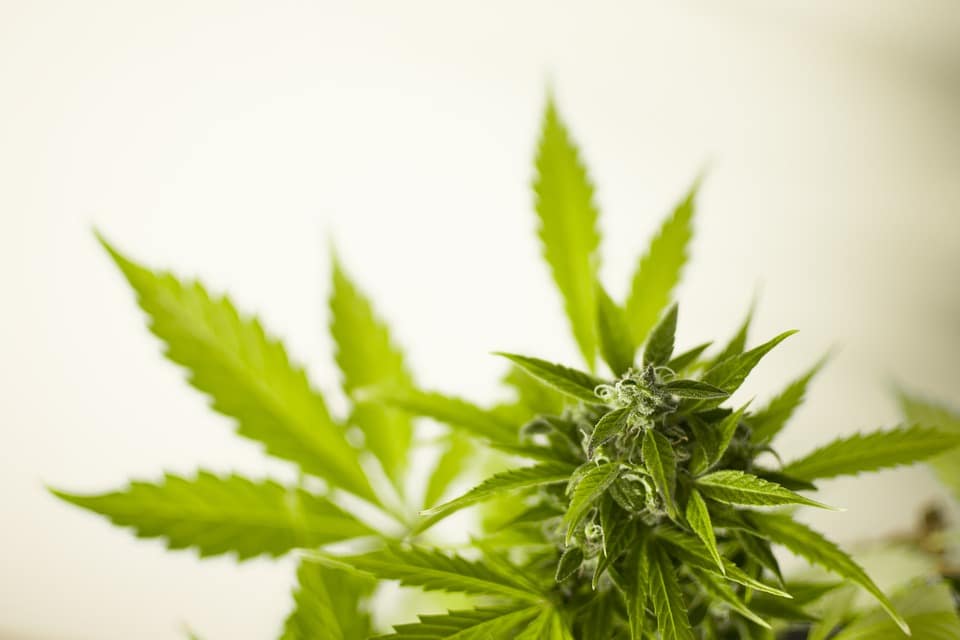Marijuana Legalization and Parenting

Prior to October 17, 2018, the consumption and/or possession of cannabis could not only lead to legal troubles from a criminal law standpoint, but if you were a parent, it could result in Child and Family Services involvement in your family and, depending on the circumstances, anything from terms and restrictions on your parenting, or even supervision or a suspension of access of parenting. A large part of the rationale behind Child Welfare involvement with parents who consumed or possessed marijuana was as a result of its legal status. As it was an illegal substance, it was considered that involvement with marijuana was involvement with a dangerous lifestyle – the possession of marijuana could attract unsafe attention from other individuals, the purchase of marijuana involved engaging with other involved in an illegal and potentially dangerous lifestyle – all things that were viewed as being a risk to children.
However, since October 17, 2018, cannabis is now legal in Canada. The media has brought attention to the interest the general populace has shown in legal consumption of cannabis since legalization, and it has been widely reported that suppliers have not been able to keep up with the demand for marijuana. The sentiment appears to be that the use of marijuana is broadly accepted amongst society, or at least becoming so.
However, the legalization of cannabis does not suddenly and irrevocably remove the interest that Child Welfare agencies have in ensuring that children are safe in the presence of marijuana or parents who choose to consume marijuana. While the recency of legalization has made it such that there have been no cases before the Courts in Alberta as of yet, we expect that Child and Family Services and the Courts will likely treat the possession and use of marijuana much similar to alcohol – it is legal, but depending on how it is used, it can still have a negative impact on families and children, and the ability of a person to parent. In this regard, if you aim to purchase and consume marijuana we offer the following suggestions:
- Do not drive while under the influence;
- Do not consume cannabis in the presence of your children;
- Do not leave cannabis or cannabis products in places where your children might have access to them – this is particularly important if you make edibles out of cannabis;
- Do not let children consume cannabis;
- Do not consume cannabis while parenting, unless another parent is present and remains sober; and
- Avoid allowing your children to see you under the influence of cannabis;
There are no hard and fast rules for responsible consumption of cannabis when a parent, and this is a new set of circumstances with the Federal Government legalizing a substance that had historically resulted in parents sometimes having their children apprehended by Child and Family Services. However, we offer the above suggestions in order to assist those considering consuming marijuana, who are also parents. We would like to note that as this is such a new development with the legalization of marijuana, the above are merely recommendations, and we cannot guarantee that adhering to the above suggestions will satisfy Child and Family Services. The factor that must always be kept in mind when consuming marijuana, very much the same as responsible alcohol consumption, is whether you are creating a set of circumstances that could be seen as potentially harmful to your children.
If you need help with a parenting or child welfare matter, the lawyers at Mincher Koeman LLP have the experience and knowledge to assist you. Give us a call at 403-910-3000 or email us at reception@mincherkoeman.com.
A team above all. Above all a team.
Calgary Office
707 7 Ave SW #1300,
Calgary, AB T2P 3H6
Canmore Office
621 10 St #101
Canmore, AB T1W 2A2
Subscribe to our blog!
© Mincher Koeman LLP 2025. All rights reserved.
Website designed and managed by Umbrella Legal Marketing

